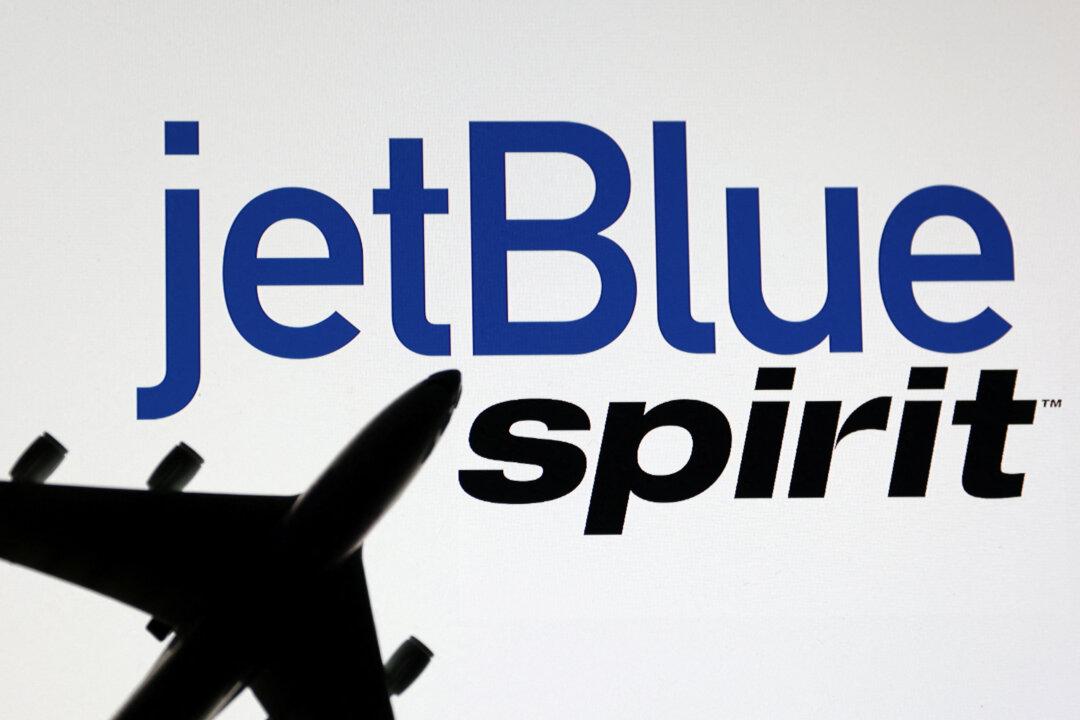JetBlue Airways has struck a deal to buy Spirit Airlines in a transaction valued at $3.8 billion, laying the foundation for the creation of a low-fare challenger to the dominant Big Four U.S. airlines.
The companies jointly announced on July 28 that their boards have given the green light to a definitive merger agreement, which came hours after Spirit scuttled plans for a combination with fellow discount carrier Frontier Airlines.





